The Water Institute is pleased to welcome six new faculty members who have joined over the past several months.
Roy Brouwer, Executive Director of the Water Institute, offered a warm welcome to the incoming faculty members and expressed excitement for the expertise they’ll bring to enhance the Institute’s research initiatives. “I am delighted to welcome our new members and I look forward to exploring new collaborations with our network of water researchers from across campus!”
Join us in welcoming:
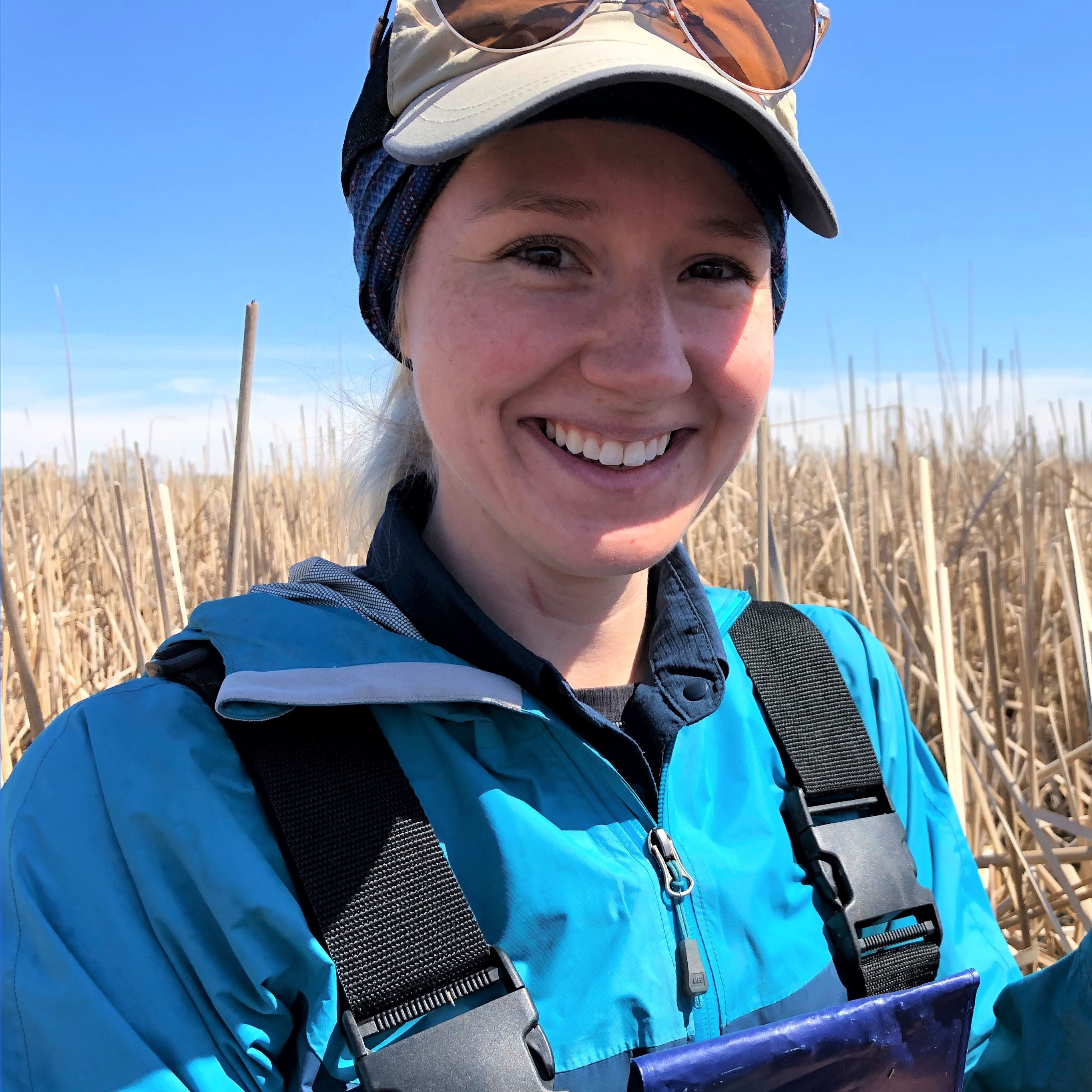 Chantel
Markle
Chantel
Markle

Assistant Professor, School of Environment, Resources and Sustainability and Department of Geography and Environmental Management
Chantel is a wildlife ecohydrologist and conservation biologist with expertise in the protection and management of threatened wildlife and wild spaces. She specializes in interdisciplinary and collaborative research, integrating a combination of spatial and landscape ecology, GIS, remote sensing, and hydrology approaches to drive evidence-based decision making in wildlife management and environmental policy. The goal of Chantel’s interdisciplinary research program is to advance our knowledge and understanding of the spatiotemporal effects of climate change disturbances (e.g., wildfire, drought, weather whiplash) on the resilience and vulnerability of threatened wildlife and their habitats. This collaborative research supports evidence-based policies for the conservation and management of healthy reptile populations and habitat.
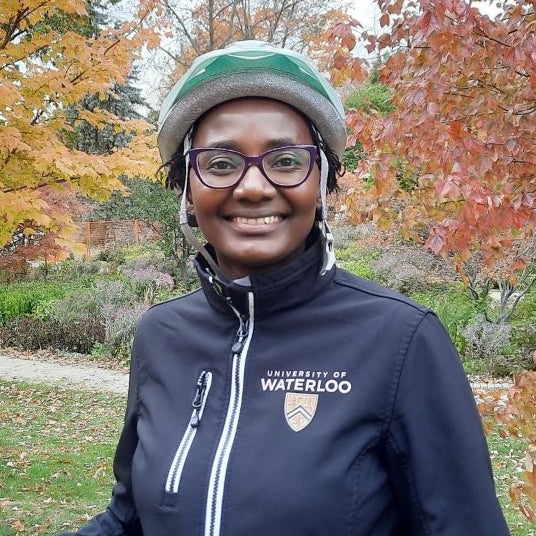 Helena
Shilomboleni
Helena
Shilomboleni

Assistant Professor, School of Environment, Resources and Sustainability and Department of Geography and Environmental Management
Helena’s research and teaching areas of expertise are agriculture and food security, with a specialization in working with small-scale farmers in sub-Saharan Africa. She has fieldwork experience in Mozambique, Kenya, Ethiopia and Tanzania. Prior to her appointment at UW, she held a Post-doctoral Fellowship with the Consultative Group of International Agriculture Research (CGIAR) (2019-2022) in Nairobi, Kenya, and a Professional Development Award with Canada’s International Development Research Center (IDRC) (2017-2018) in Ottawa. At Waterloo, she is looking to expand the scope of her work to examine digital agriculture in small-scale farming systems, rice value chains, and agricultural landscape restoration efforts for climate change adaptation.
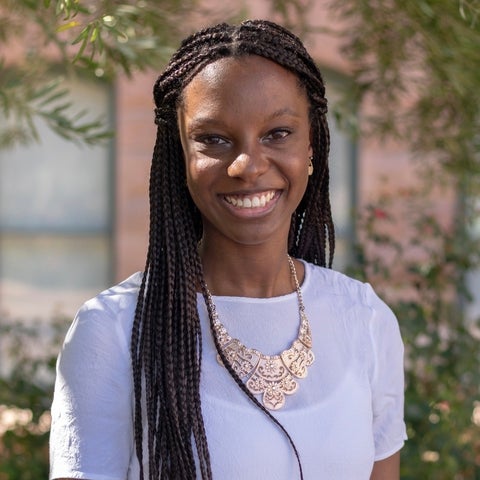 Leah
Jones-Crank
Leah
Jones-Crank

Assistant Professor, School of Environment, Resources, and Sustainability
The goal of Leah’s research program is to advance knowledge on cross-sectoral and nexus governance approaches and how such collaborative governance connects to environmental and management outcomes, using interdisciplinary approaches. Her research supports efforts for moving collaborative resource governance from theory to practice. Leah explores collaborative governance within the food-energy-water nexus for improved management and decision-making towards sustainable resource management. She examines how such collaborative governance approaches can improve pathways to address the challenges of drought and water stress in the face of climate change. Her work employs a variety of social science methods, including stakeholder engagement, case study investigation, institutional analysis, and qualitative inquiry. She focuses on urban spaces and has fieldwork experience in cities in the Southwestern US, South Africa, and Singapore.
 Roberto
Guglielmi
Roberto
Guglielmi

Assistant Professor, Department of Applied Mathematics
Roberto’s research addresses problems in optimal control of large-scale dynamics, described by ordinary or partial differential systems of evolution, with applications to the optimization of utility distribution over networks, heat transfer phenomena in the presence of crack and fractures, control of epidemics, reinforcement learning methods. More generally, Roberto is interested to apply control methods to engineering and life sciences, including control of infinite-dimensional systems; model predictive control for partial differential equations; turnpike phenomena in optimal control problems; and feedback stabilization of hyperbolic systems.
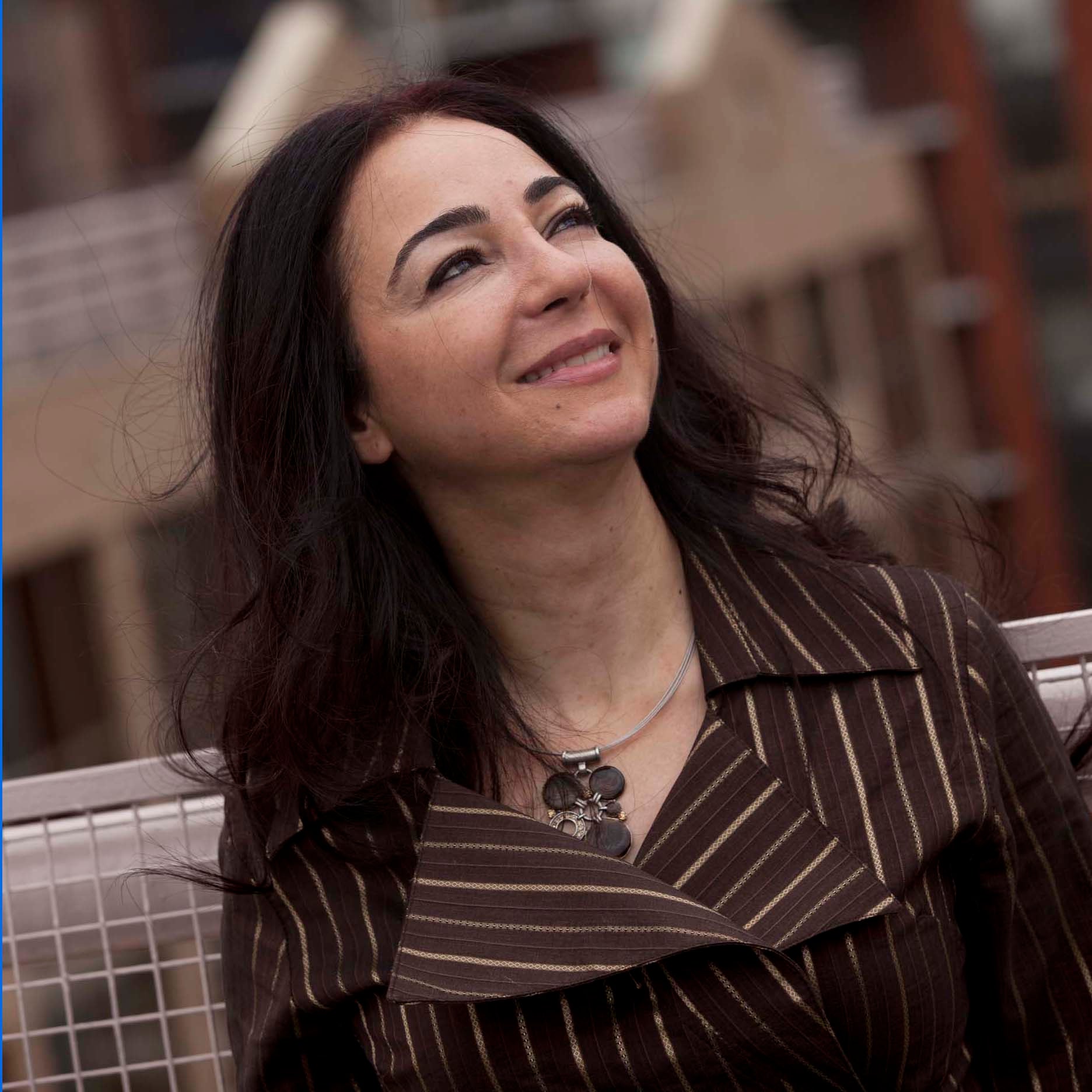 Luna
Khirfan
Luna
Khirfan

Associate Professor, School of Planning
Luna’s current research investigates the potential of daylighting (or deculverting) urban streams and the consequences of covering (culverting) them. Empirical studies abound on the ecological consequences of covering and uncovering urban streams such as the hydrological effects (for example runoff and flooding) and geomorphological impacts (for example the rise in temperatures and decreased fish habitat). Yet, there is a lack of studies that address the links between urban stream daylighting and climate change adaptation and mitigation, and the role of community engagement in participatory urban planning and governance. Luna’s research draws on landscape ecology, urban morphology, and urban design theories to investigate the potential of urban stream daylighting.
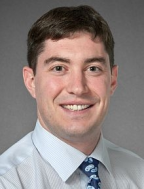 Scott
Hopkins
Scott
Hopkins

Associate Professor, Department of Chemistry
Scott carries out research in the area of physical chemistry. His lab, The Hopkins Laboratory for Spectroscopy and Dynamics Research, employs experimental spectroscopy and chemical dynamics techniques in conjunction with high-level quantum chemical calculations to decipher the nature of nanocluster systems. His research focuses on three key areas: velocity map imaging, structure and reactivities of nanoclusters, and high-resolution spectroscopy. He is co-founder and the chief scientific officer of WaterMine Innovations, a tech company that uses artificial intelligence to design and screen new therapeutics. Scott’s research is applied, among others, to drug discovery and PFAS detection and treatment in water systems.